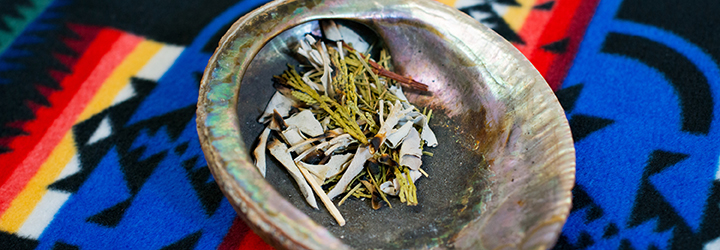Below you will find links to select resources – podcasts, books, documentaries, reports, articles, films and free online courses – to begin or continue your journey of education regarding Indigenous Peoples in Canada. MSVU encourages its students, faculty, staff and broader community members to actively engage in learning about Indigenous history, culture and contemporary issues.
This is a living repository; we welcome suggestions.
“May this journey of learning be rooted in truth and a celebration of the beauty, resiliency, and multitudes of our people.” – Alyssa McIntyre, Former Indigenous Student Centre Coordinator, MSVU
“My greatest wish is that there will be more writing from my people, and that our children will read it. I have said again and again that our history would be different if it had been expressed by us. … Being strangers in our own land is a sad story, but, if we can speak, we may turn this story around.” – Rita Joe, Mi’kmaw Poet
